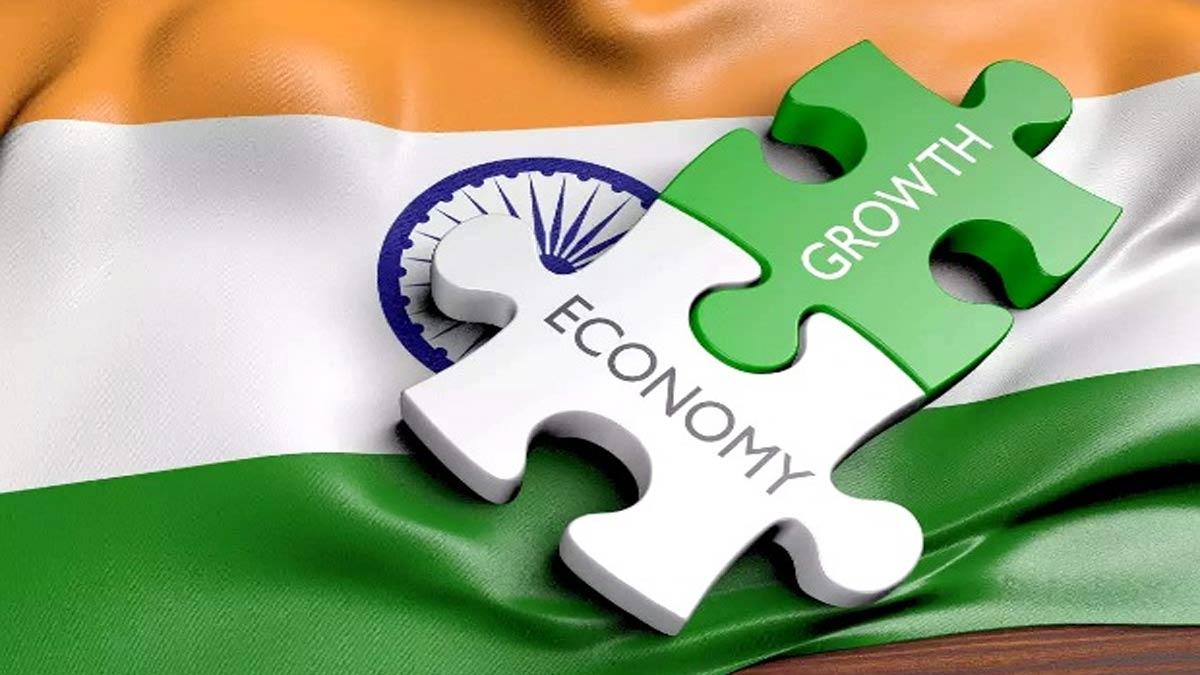Trade tensions will likely keep lingering over Asia's economic growth, but India is still the most well-placed nation in the region under such a backdrop, with its reduced reliance on goods exports, resilient services exports, and policy actions to spur domestic demand, says a Morgan Stanley report published on Tuesday.
The report emphasized that India's recovery will be aided by the unwinding of excessive fiscal and monetary tightening, which had previously constrained growth.
"Actually, monetary easing is now gaining pace on three important fronts—cutting interest rates, injecting liquidity, and relaxing regulations. While trade tensions are likely to hit the region's overall trade prospects, India is relatively sheltered because of its low goods exports-to-GDP ratio," the report said.
At the same time, policy measures aimed at stimulating domestic demand are expected to strengthen India’s economic performance, allowing it to outpace other regional economies.
We expect the recovery to pick up pace in the coming months. There are already signs of improvement in recent numbers. Our favorite high-frequency indicator—goods and services tax (GST) revenue—has risen at an average of 10.7% in January-February 2025, versus 8.9% in Q3 2024 and 8.3% in Q4 2024," Morgan Stanley said.
After adjusting for the leap year factor, the report projected GST revenues to grow about 12.6% over the first two months of 2025.
The rebound in the economy, as estimated by Morgan Stanley, will be fuelled by ongoing government capital spending, easing of monetary policy on several fronts, moderation of food inflation to further boost real incomes of households, and improving services exports.
We anticipate easing in policy rates, liquidity levels, and regulatory requirements to help sustain the recovery. As several of these measures have only been in place for six weeks, their full effect will take a little while to manifest," the report highlighted.
There have also been hints of private consumption recovery, as real private consumption growth accelerated by 6.9% during Q4 2024. The fast-moving consumer goods (FMCG) segment saw volumes grow 7.1% on the back of a pick-up in demand in rural areas.
Further, the Reserve Bank of India (RBI) has initiated unwinding of certain regulatory curbs on non-bank financial companies (NBFCs), including the reversal of the 25-percentage-point hike in risk weights for bank credit to NBFCs. "We think this will improve access to liquidity for NBFC lenders and ultimate borrowers," the report concluded.
Read also| Cooling Inflation Strengthens Case for Possible RBI Rate Cuts: Report
Read also| India Ranks Second After US in All-Time Funding for Women-Led Tech Startups


















